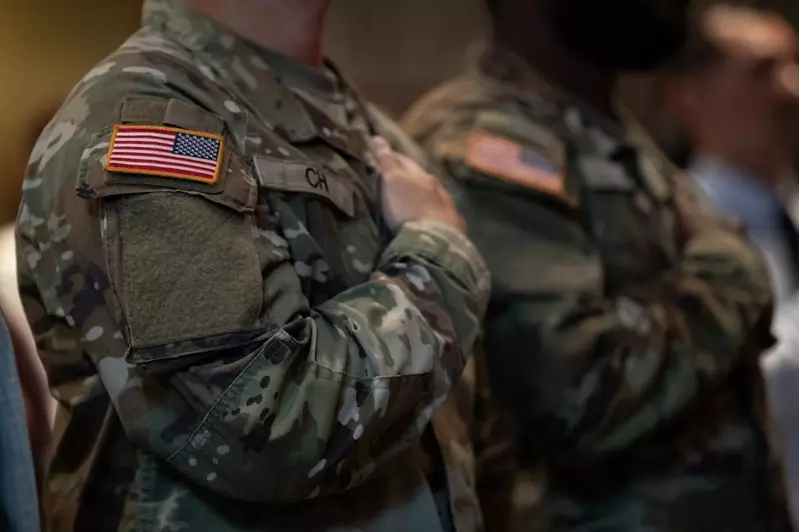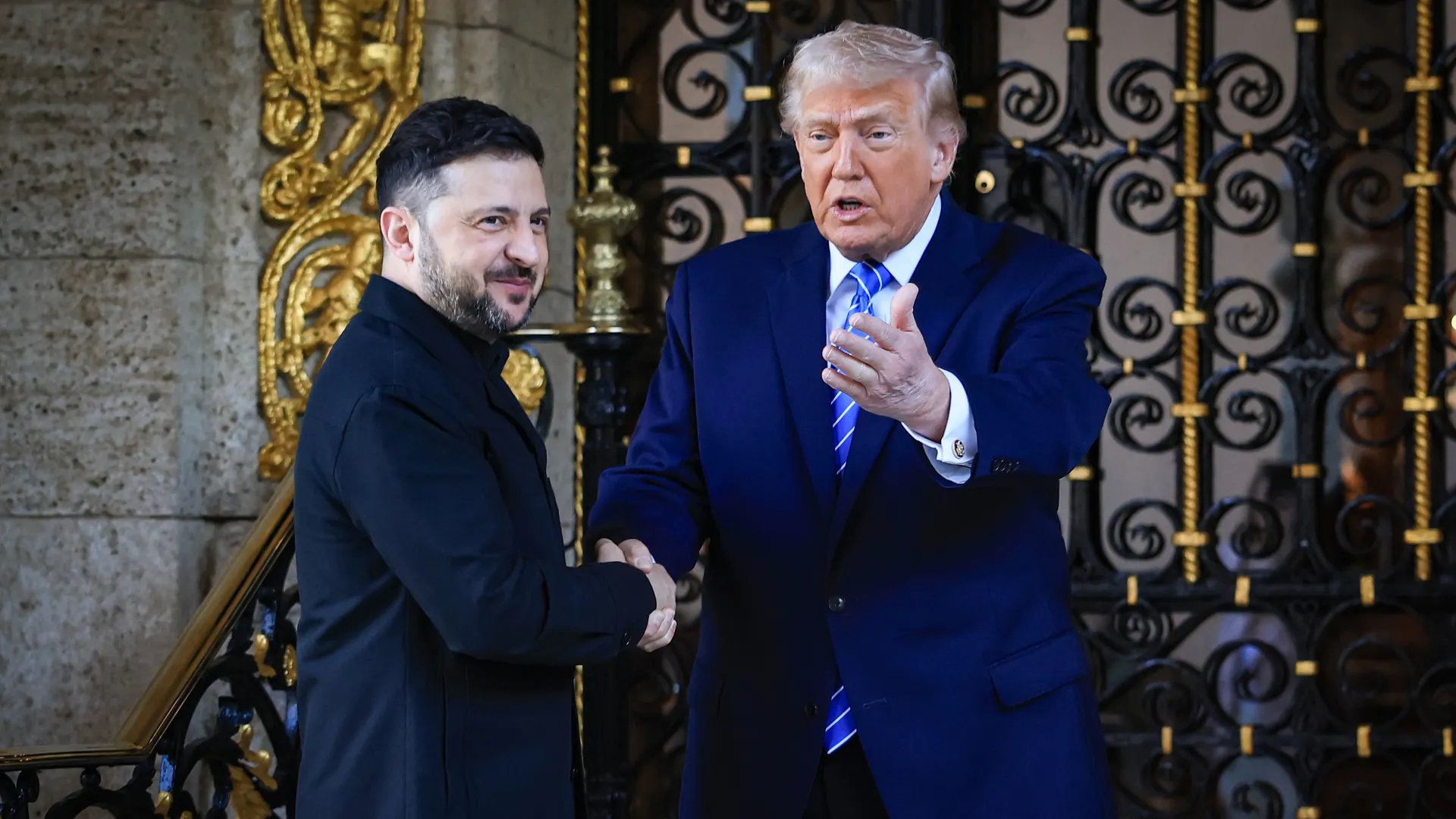Duke University released a new survey on the 6th and pointed out that the personal data of thousands of active US troops can be purchased online in a simple and convenient way. Not only can certain personal data cost only 0.12 yuan, The acquisition has also raised concerns that it may affect national security.
NBC News reported that an investigation by researchers at Duke University found that after the personal data of active duty U.S. troops was leaked , those who obtained the data advertised on the Internet and sold them at low prices; the personal data actually purchased by the researchers included names , phone numbers, addresses, and even the names, marital status, personal net worth, credit scores, and more of the sons and daughters of active duty U.S. military personnel.
During the researchers’ investigation, they purchased the personal information of nearly 50,000 active-duty US troops at a total cost of more than 10,000 yuan.
The report pointed out that the research results raised concerns that the leakage of personal information could pose a national security threat; the Duke University research team pointed out that the research results had been submitted to the Senate of Congress before releasing the investigation report, and called on Congress to take action.
Republican Louisiana U.S. Senator Bill Cassidy said the study highlighted gaps in the security protection of active duty U.S. troops. “We must act in the interest of national security and protect those who are defending our country,” he said.
Democratic U.S. Senator Ron Wyden of Oregon said the findings should serve as a wake-up call to policymakers, recognizing that the theft of personal information has gotten out of control to the point of posing a serious threat to U.S. national security.
The study found that there are more than 500 personal information stealing websites advertising on the Internet, claiming to provide the personal data of active military personnel. However, some of these websites refused to deal with the potential buyers when they found out that they were from academic institutions, and other websites required the buyers to sign a confidentiality agreement. Agreement (nondisclosure agreement). The research team finally purchased the personal data of active US military personnel from three websites, but the names of the websites were not announced in the report.
Justin Sherman, a researcher at Duke University’s Sanford School of Public Policy who led the study, pointed out that there is a gap between policies and actual conditions. Existing policies mainly only target consumer privacy protection . , Privacy protection related to national security is very important, but it has not received the same level of attention.




